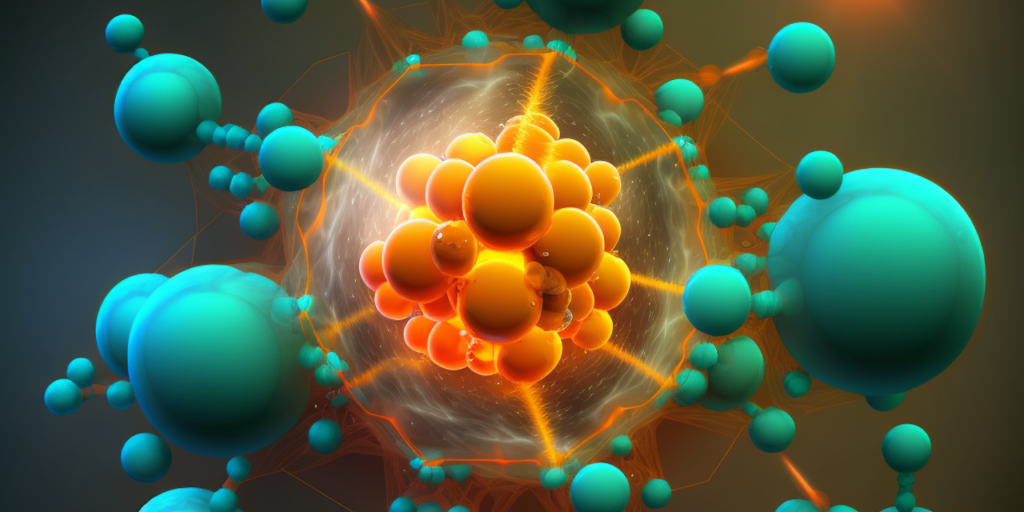Surface hopping is the leading approach to help understand excited molecules in active environments.
In brief:
- An active environment changes the photophysics and photochemistry of a molecule compared to an isolated molecule.
- This paper surveys how surface hopping simulations is used to characterize energy and charge transfer in active environments.
Investigating photoinduced nonadiabatic dynamics involves understanding how the character of excited electronic states evolves, how the molecular system relaxes through the manifold of electronic states, how long this relaxation takes, how different radiative and non-radiative processes compete, and which products are formed when equilibrium is restored.
As if this complexity were not enough, we climb to a new difficulty step when one must include the effect of the environment surrounding the chromophore. We must also consider how the environment’s electronic states couple to the chromophore states, disturb their electronic density, change the potential energy surface topographies, dissipate the photon energy, and trigger new charge flows.
Depending on the environment, excimers may be formed over multiple molecules, protons and electrons can jump to other monomers, and excitons can propagate through the supramolecular ensemble. Thus, the environment surrounding the chromophore may qualitatively change the nonadiabatic relaxation compared to an isolated excited molecule.
Surface hopping is likely the most popular approach to simulate how such an active environment changes the photophysics and photochemistry of a molecule.
This Perspective (led by Josene and counting with the collaboration of Mariana, Elizete, and Silmar) overviews the intersection between nonadiabatic dynamics in active environments, charge and energy transfer, and surface hopping simulations.
We address the following questions:
- What does make an environment active?
- How does such an environment influence the nonadiabatic dynamics of a photoexcited molecular system?
- How can we use surface hopping to describe proton and electron transfer between the chromophore and an active environment?
- How can we use surface hopping to characterize vibrational and electronic energy transfer between the chromophore and an active environment?
- Which limitations do we face?
- What are the emerging research focuses and future challenges?
- What are the most promising methods?
MB
Reference
[1] J. M. Toldo, M. Telles do Casal, E. Ventura, S. do Monte, M. Barbatti, Surface hopping modeling of charge and energy transfer in active environments, Phys. Chem. Chem. Phys. (2023). DOI: 10.1039/D3CP00247K

